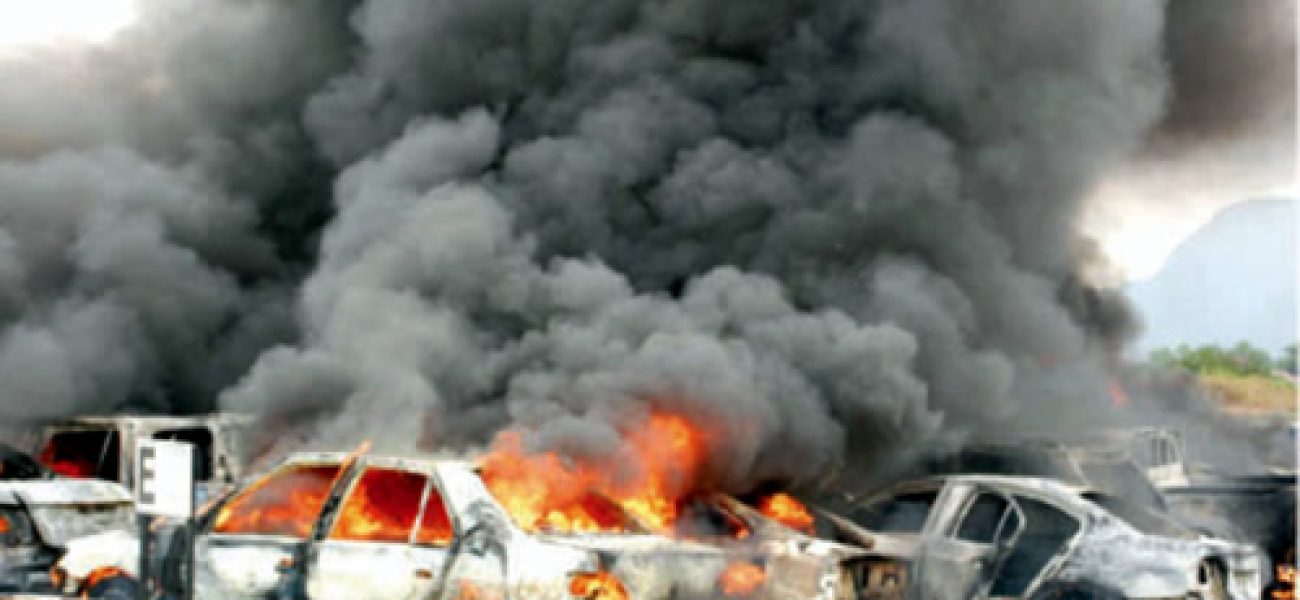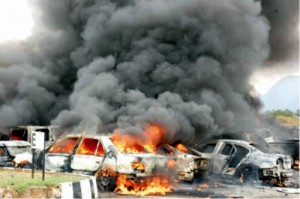The series of attacks propelling a state of emergency in the North East of Nigeria, the recent clashes between Fulani herdsmen and farmers in Benue State, Zamfara and Nasarawa and the bomb blasts in Nyanya, as well as other attacks in Zamfara and Nasarawa have escalated debate on the issue of security in the country.
In the North East, the Government responded to the security challenges of the Islamic insurgent sect, Boko Haram by declaring a state of emergency in Borno, Adamawa and Yobe in May 2013 for 6 months which was further extended after a closed-door consultation with service chiefs in November, last year. However, despite initial belief that the insurgents were a mere local terrorist group seeking undue attention, the attention of the country has indeed been drawn to the sophisticated machinery, vehicles as well as the tactics that the group employs in inflicting terror on peoples’ lives and causing destruction on private and public property. In the words of the Speaker of the House of Representatives, in a special session held in remembrance of the children killed by the sect in Buni Yadi, in March, the deaths caused by Boko Haram have been “One Massacre, Too Many”.
With a death toll of over 4,000 citizens attributed to the militant group since 2009, Chief of Defense Staff, former Chief of Air Staff, Marshal Alex Badeh has admitted that the current state of emergency might continue longer than expected.
Similarly, in the North Central state of Benue State, there have been conflicts over the ownership of land by Fulani herdsmen and Tiv farmers leading to the loss of lives and the displacement of communities as many fear for their lives. The conflict between Fulani herdsmen and communities in Zamfara and the targeted killings of Fulani herdsmen that are not insurgents by the military in Nasarawa have prompted fears of the onset of an additional terrorist group. More disturbingly the recent bomb blasts in Nyanya, Abuja which killed at least 80 people and injured over 124 persons in the first attack which occurred at a Nyanya bus station and killed about 20 people and killed about 30 people in a separate blast 50 metres away from the first blast and the abduction of over 200 school girls in Chibok has raised questions on the Government’s aptitude to handle the present security challenges and has prompted fears that the country is in a state of emergency.
In Benue, Nasarawa and Zamfara, critics have pointed to the lack of government intervention to abate the crisis. In the emergency states, human rights groups such as Amnesty International have pointed to the gross violation of human rights by the incessant arrests and detention of persons without trial by security forces under the guise of increasing security. Amnesty International claimed earlier this year that more than half of the people killed as a result of the conflict between Boko Haram and the security forces are civilians. This statement subjects the question of the effectiveness of imposing a state of emergency on these three states to debate particularly as the financiers and members of the terrorist group continue to remain faceless.
As the relocation of the Chief of the Army Staff to Borno as recommended by the Senate and the House of Representatives in January has not reduced the daily death toll in the North Eastern states, it is clear that a change in strategy is needed.


